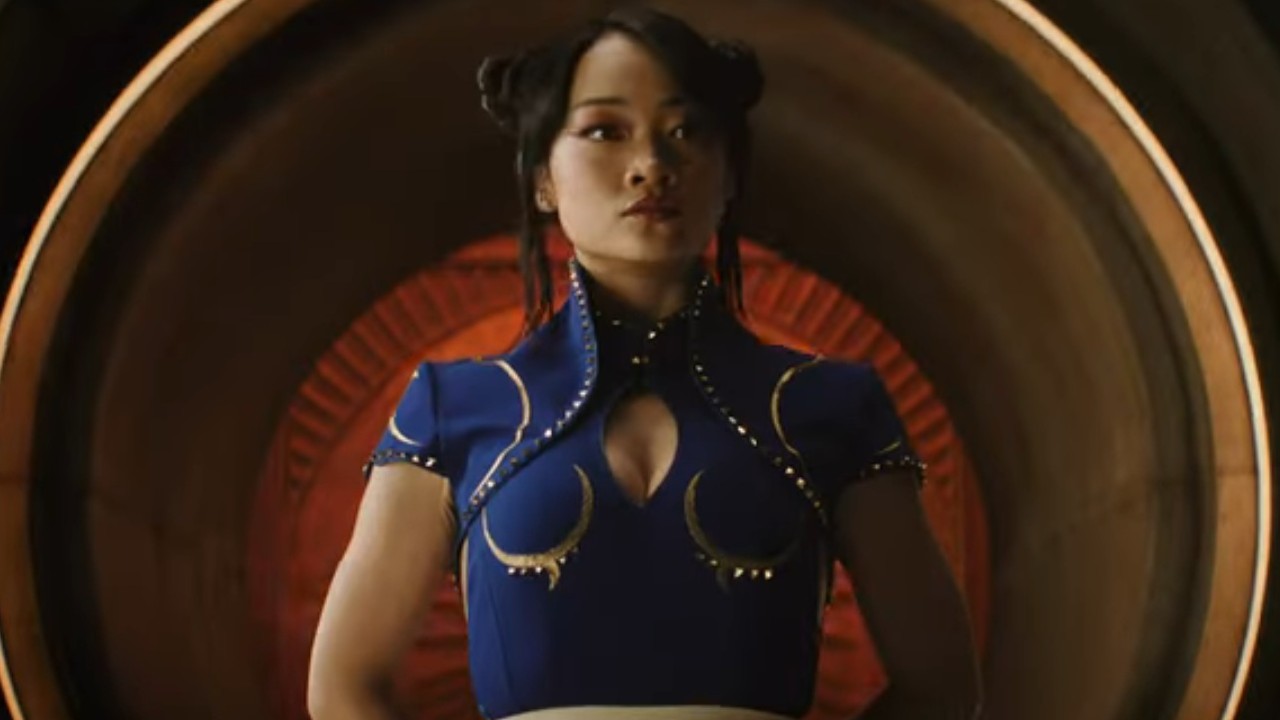NYFF Review: Spike Jonze's Her Bends Sci-Fi And Romance In A Spectacular, Witty Future

Handheld computers have infiltrated our lives so swiftly, and so fully, that it's so far been impossible to gauge what they mean to us-- most analysis settles for "They're ruining everything!" to "They're improving everything!" and nothing in between. Spike Jonze, maybe miraculously, occupies an imaginative and heartfelt middle ground in Her, where in the not-so-distant future, a not-so-preposterous love story plays out between a man (Joaquin Phoenix) and the operating system (voiced by Scarlett Johansson) programmed to meet his every need.
The film's rambling narrative essentially plays out as if Jonze asked himself "What would happen in this relationship?" and answered as many questions as he could. Theodore is a lonely recent divorcee who lives in a future where conversations with your computer work way better than they do now with Siri-- his phone sorts though his e-mails, writes letters, reads him the weather and virtually everything else. The new OS, though, does it all with a human touch, a program that learns your personality and reflects what you want from it. Theodore winds up with Samantha, a bubbly and curious OS who starts off as a Miss Moneypenny-type dream assistant but quickly morphs into more, both because Theodore wants that from her and because Samantha is developing a deeper consciousness of her own.
With surprising humor and deep warmth, Her examines all the imaginable complications from that kind of relationship. Does Theodore's relationship with Samantha keep him from connecting with a real woman (Olivia Wilde) on a date? Yes, but not quite the way you'd expect. Does it ostracize him from his friends and co-workers? Not really-- one coworker played by Chris Pratt nonchalantly invites Samantha on a couples' trip to Catalina, and Theodore's neighbor Amy (Amy Adams) admits her own deep friendship with an OS. Does it help him get over his ex-wife (Rooney Mara)? Yes, but not without setting up more strain between them. And issues that you might think could take up an entire film, like the way Samantha's computer brain has access to Theodore's entire life or the question of how much of her feelings are pre-programmed, are dispatched with surprisingly quickly. Her consistently zigs and zags around not only sci-fi expectations, but the rom-com as well, meshing both genres with a particular Jonze-ian relish for finding adventure within the familiar.
Jonze and his production designer K.K. Barrett imbue this futuristic Los Angeles-- imitated in part by present-day Shanghai-- with phenomenal detail, from sleek architecture to hipster-y computer terminals to the apparent futuristic trend of men wearing high-waisted pants. It's a vision of a future that's lonely but not necessarily miserable; we see Theodore returning home to immerse himself into a video game but finding surprising connections within it, and even in the thrall of love with Samantha he never disconnects himself from actual humans like Amy and her husband. Theodore's job at BeautifulHandwrittenLetters.com, where he's paid to dictate notes for other people that are written by a computer, perfectly sets up a world in which it's incredibly convenient to disconnect from others, but humans keep trying to find each other anyway.
Given how natural his relationship with Samantha starts to feel, it's easy to overlook the feat Phoenix accomplishes, acting opposite no one (Samantha Morton was on set to provide the voice, and was replaced in post-production by Johansson) and carrying Theodore's subtle transformation from loner to a man in love. Johansson is remarkable too, giving Samantha earthy depth that has us, like Theodore, both smitten and wondering about the microchips and data that make her run. Despite its big ideas, its immaculate details and its large imagination, Her is primarily a romance, and Phoenix and Johansson make it genuinely touching and thought-provoking, particularly when Jonze's script throws some novel obstacles in their path. Jonze has taken a thought experiment and turned it into the love story, and one that, like all the best science fiction, feels both of our time and a far-flung, spectacular future. If the coming years are half this lovely, heartfelt and beautifully wrought, we'll be lucky to get there.
For the rest of our New York Film Festival coverage, click here.
Your Daily Blend of Entertainment News
Staff Writer at CinemaBlend

